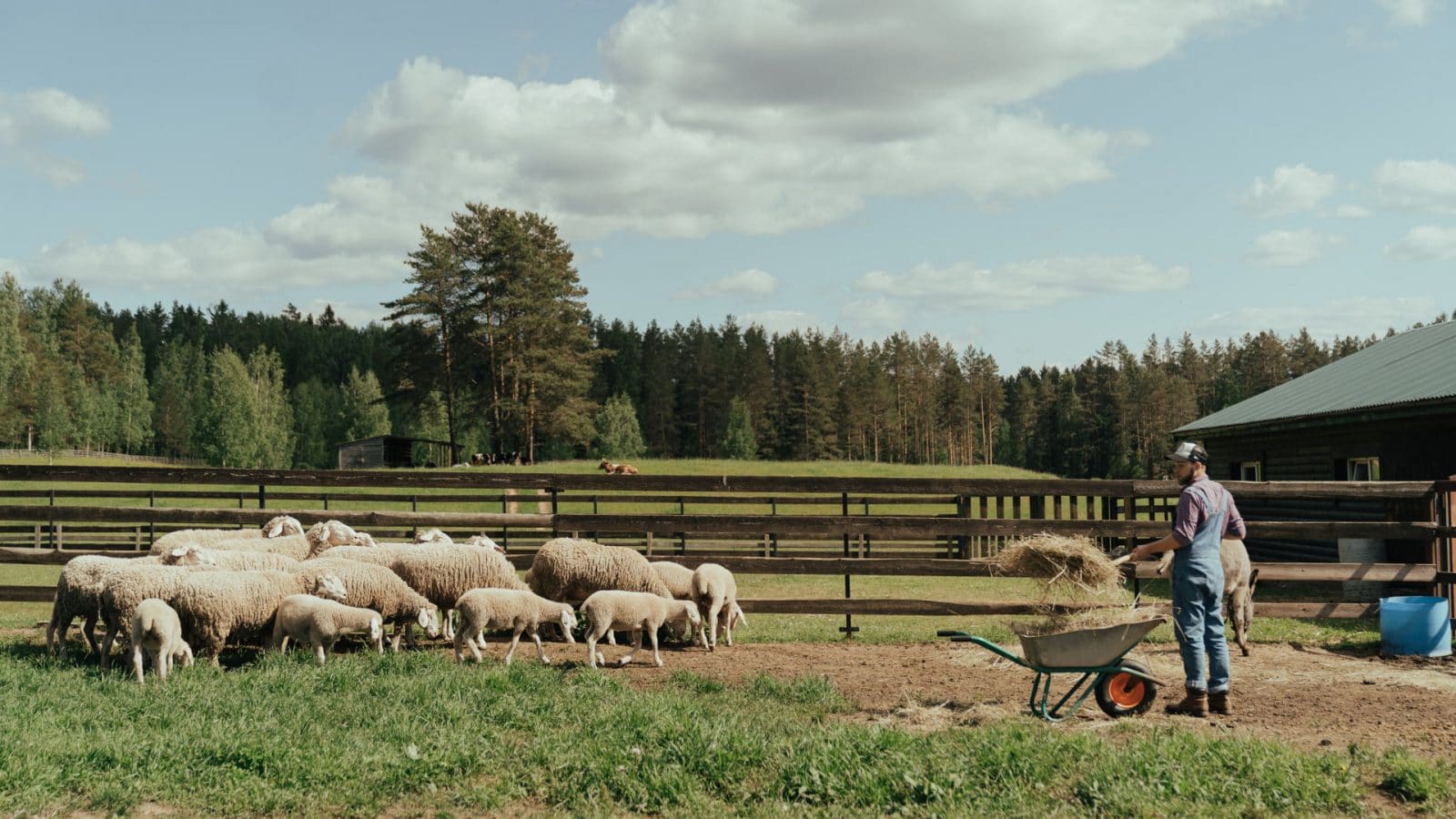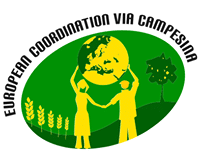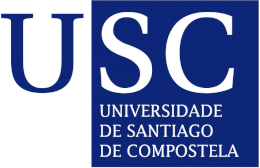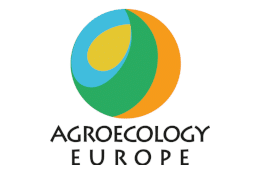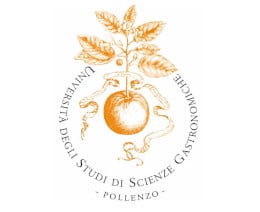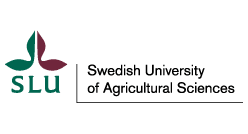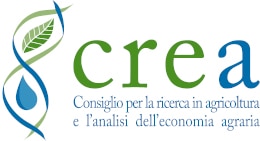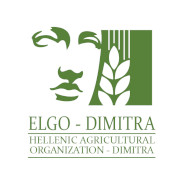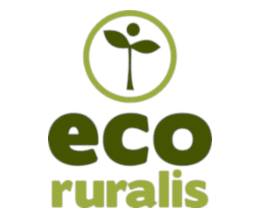Public & private funding for agroecology
Public and private funders have sectorial, topic or theme-specific funding schemes, of which also some potentially overlap whereas other emerging needs in research and development topics in agroecology are neglected or insufficiently covered (e.g. the economic performance of agroecology). A more systematic knowledge of these schemes will allow coordinating better funding for agroecology at national and European scales and focus on urgent areas, such as more systemic, holistic, and complementary funding programmes or schemes of public and private funders.
Within AE4EU existing public and private funding schemes across Europe are assessed, compared and used as a basis to co-design future funding schemes. One of the challenges of this work is to ascertain how much public money is spent on agroecology in every country in Europe. For this, the AE4EU team adopted a twin-track approach: top-down, looks at funded research projects and calls as well as CAP (Common Agricultural Policy) payments; for bottom-up, the team are surveying and interviewing farmers to understand how funding is currently delivered at ground level, what mechanisms work and what could be improved, where the gaps and barriers are, and where there are good examples that might benefit farmers in other European countries.
In Europe, more and more foundations support activities that benefit agroecology. Some have been very active in this field for a long time, while others came to agroecology more recently. Every foundation decides its own way to operate depending on its national tax regulation, constituency, objectives, theory of change, impact investment policy and strategy.
Regarding private funding, the team is investigating the contribution of foundations and philanthropy to agroecology in Europe. A series of workshops to identify how public and private funding might work together to bring an agroecological transition will be organized in 2022 and 2023 to bring together funders.

Public Funding for Agroecology
Analyse of Public funding scheme
Top-Down: Public Funding for Research Projects
As the word ‘agroecology’ has only begun appearing on research calls in recent years, four further keyword families were selected so that funding supporting projects involving agroecological practices (but not necessarily the word) might be identified. These were:
- Organic (bio-dynamic, biological)
- Agroecology (agroecology, agricology)
- Agroforestry (silvopasture, silvoarable)
- Territorial Food Systems
- Regenerative agriculture (permaculture)
These word families were chosen by multidisciplinary researchers in agroecology and included native and non-native English speakers with familiarity of French, German, Italian, Spanish and Portuguese. This is important as many ‘agroecological’ concepts have been developed in other European languages and ‘translated’ into English.
A search was made for these keyword families in European Commission databases on research budgets and funding allocation, over the years 2014-2020, 224 projects have been provisionally identified from CORDIS (a database of all the EU-supported Research and Development activities) of which 95 are classified ‘agroecology’.
Read more on the analysis of public and private funding–
Policy brief was also produced based on the findings: How to Value and Fund Agroecological Transformation
Private Funding for Agroecology
Private funding: Screening and analysing the support of foundations to agroecology in Europe
The main function of philanthropy is to mobilise private funds whose revenues serve general interest and contribute to policy and social changes. This enables them to support technological and social innovations that deserve policy and social change in practical terms. In the food and farming sectors, supporting agroecology contributes to achieving environmental, climate and social goals -among others- beyond the transformation of socio-technical and economical regimes.
In Europe, more and more foundations support activities that benefit agroecology. Some have been very active in this field for a long time, while others came to agroecology more recently. Every foundation decides its own way to operate depending on its national tax regulation, constituency, objectives, theory of change, impact investment policy and strategy.
Beyond the diversity of their individual interventions, foundations are acting together towards agroecology through joint initiatives, from annual pool-funding to long-term pluri-annual coordination mechanisms and strategies. The main question underlying this task: is there strategic philanthropy in favour of agroecology in Europe and if so, how does it operate? By strategic philanthropy, we mean goals not only determined by the engagement and values of philanthropists, but also by assessing the needs of society[1].
Read more on the analysis of public and private funding
